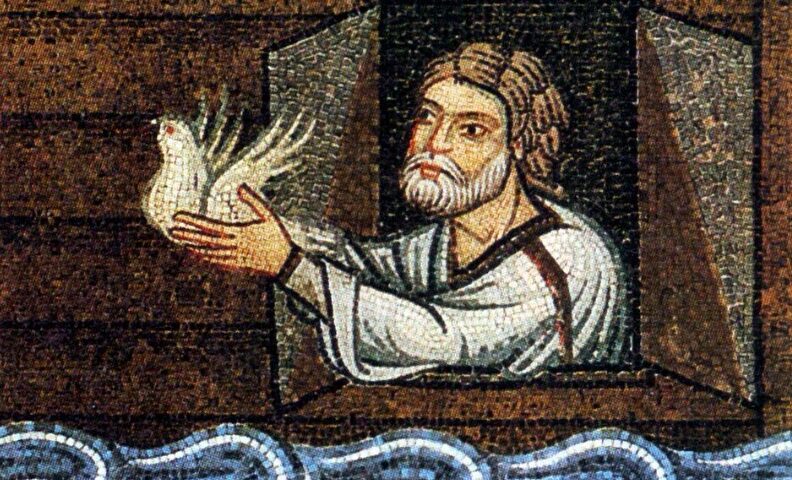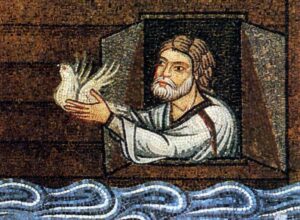The Personalities of Noah and Abraham

 The personalities of Noah and Abraham are frequently compared and contrasted in rabbinic writings. Noah and his family survived the deluge and he is identified as the progenitor of the human race as it exists today. However, Noah failed to save his contemporaries, and his deportment subsequent to surviving the Flood is not depicted as exemplary. In contrast, Abraham is singled out as the great spiritual teacher who proclaimed the existence of a single God, ruler of heaven and earth, and as the spiritual leader who brought blessing to mankind.
The personalities of Noah and Abraham are frequently compared and contrasted in rabbinic writings. Noah and his family survived the deluge and he is identified as the progenitor of the human race as it exists today. However, Noah failed to save his contemporaries, and his deportment subsequent to surviving the Flood is not depicted as exemplary. In contrast, Abraham is singled out as the great spiritual teacher who proclaimed the existence of a single God, ruler of heaven and earth, and as the spiritual leader who brought blessing to mankind.
In a single two-letter Hebrew word, the Bible gives us an insight into the nature of Noah’s tragic flaw. The rain and waters of the Flood covered the earth; the ark alone remained intact:
And every living substance was destroyed which was upon the face of the ground, both man, and cattle, and the creeping things, and the fowl of the heaven; and they were destroyed from the earth: and Noah only [akh, אך] remained alive, and they that were with him in the ark (Genesis 7:23).
The word “only” is the literal translation of the Hebrew akh. This word occurs in multiple contexts in the Bible and is always interpreted in the rabbinic exegesis as an exclusionary or limiting term (mi’ut)—that is, a word whose purpose is to limit the ambit of the phrase it modifies. Use of the term in this context is puzzling. Noah and those who were with him in the ark all survived. How, then, are we to understand limitation in this context?
People react to crises in different ways. Some flounder and are overwhelmed; some cope with adversity and survive; and some few not only manage to remain unscathed but emerge transformed individuals, the better for the experience. Noah lived through a world-shattering cataclysm. He saw the eradication of the civilization of his time. But the awesome devastation he witnessed left no imprint upon him. He did not grow as a result of the catastrophe. He suffered loss and misfortune but became no wiser. Noah survived but he was “akh” Noah, only Noah, the very same limited and shortsighted individual he had been in the past. A person who is not ennobled by disaster is a lesser person. Such a person certainly cannot be a model of spiritual heroism.
Abraham, the sages tell us, experienced ten trials. The last and most wrenching of all was the binding of Isaac. The Hebrew word for “tested” (nissa) also has the connotation of “raised up” or “elevated.” These tests had an uplifting effect upon Abraham, who became the towering figure that he was precisely because he was able to turn adversity into an uplifting experience. Only a person capable of learning from trials and tribulations can be an inspiring leader and a source of blessing to all the families of the earth.
Judith Bleich is a professor of Jewish studies at Touro College and a longtime member of TRADITION’s editorial board.
